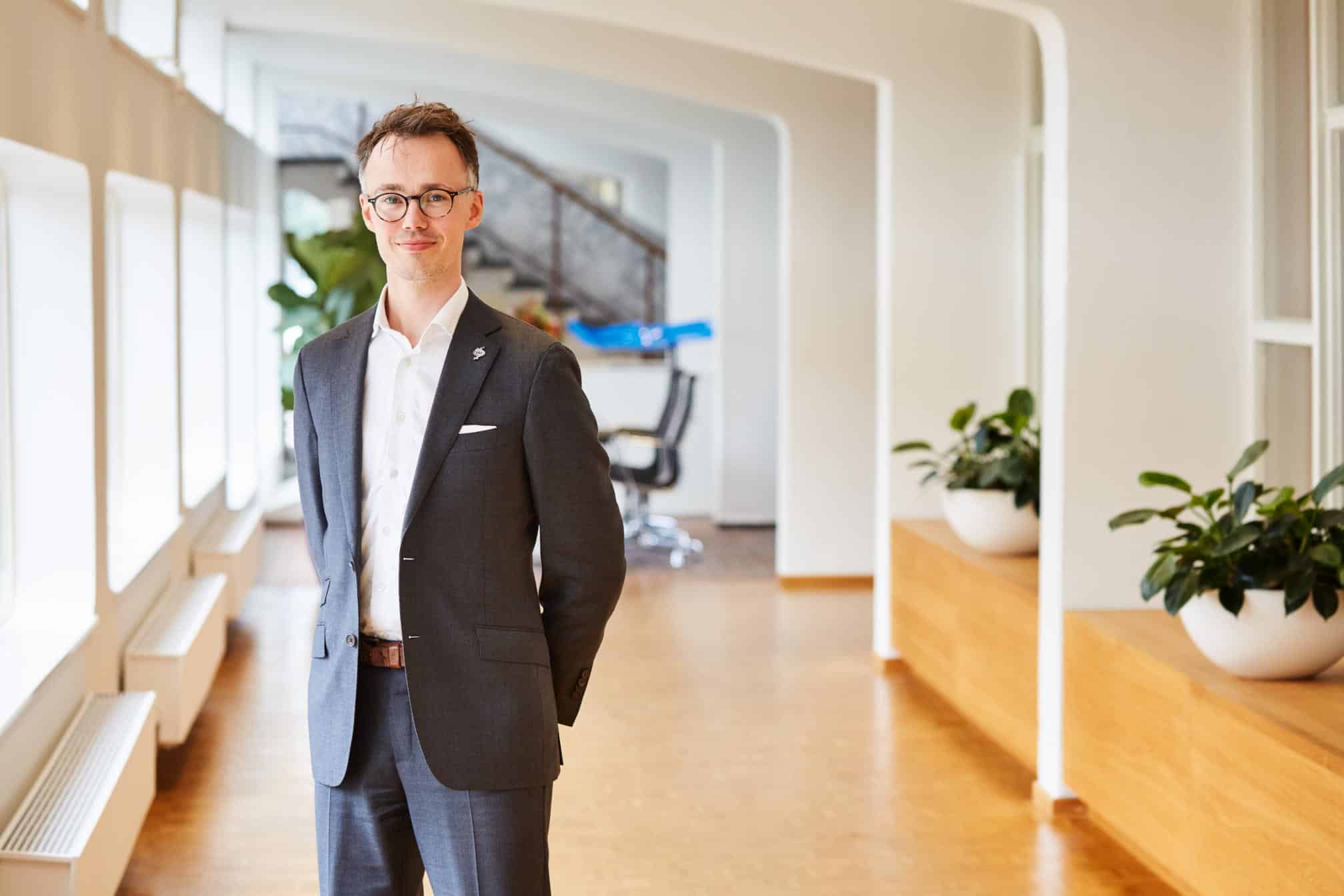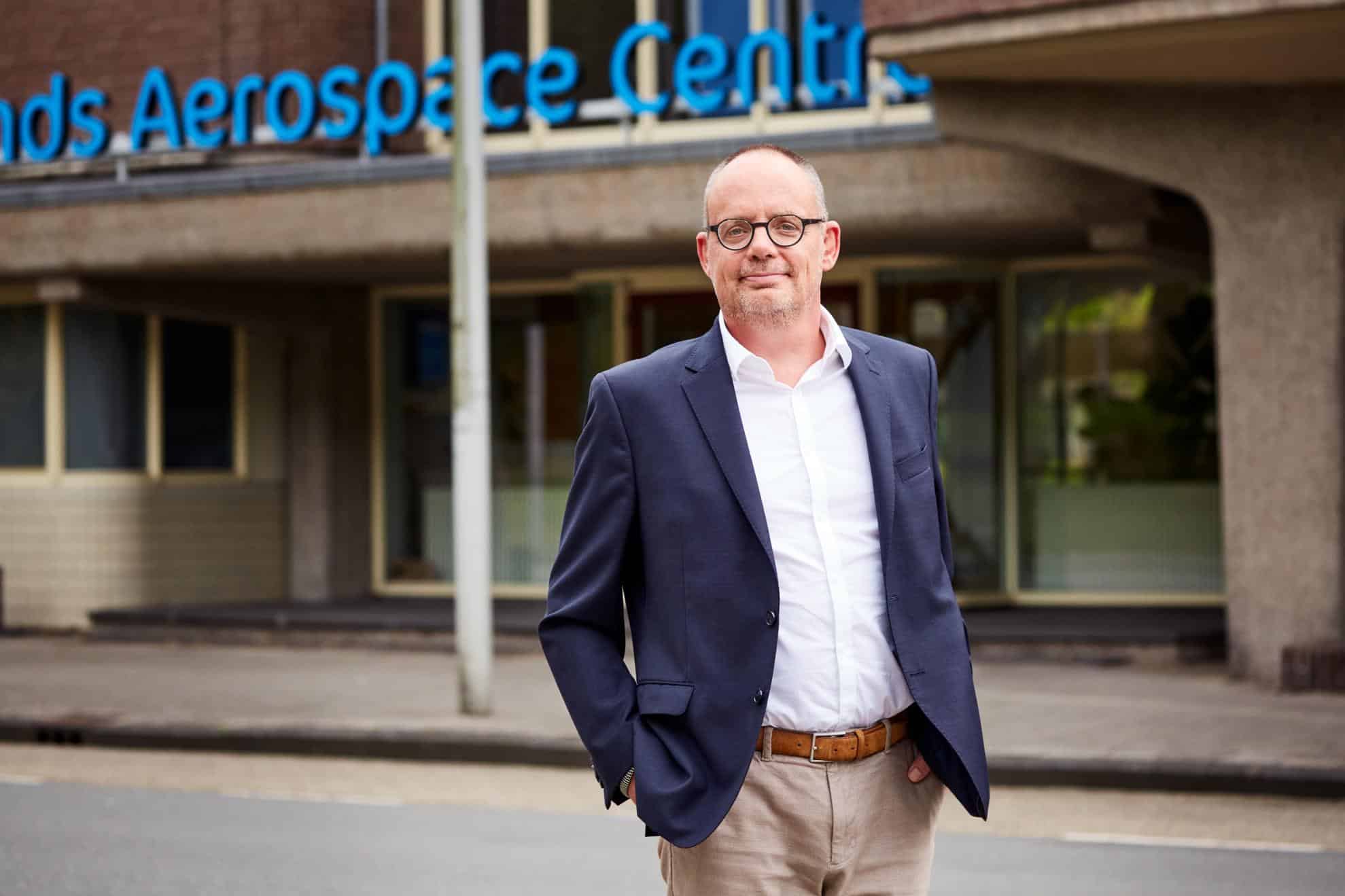
A fresh injection of €4.7 million from the Dutch Research Council (NWO) and industry partners propels six ground-breaking projects into development, writes NWO in a press release. The selected projects include a novel nitrogen sensor, a device enhancing kidney dialysis, and technology to combat light pollution. The Eindhoven University of Technology (TU/e) takes a significant share, receiving €1.5 million to tackle light pollution and improve plastic waste separation.
Why you need to know this
NWO’s Open Technology Programme is fostering research, providing companies access to usable knowledge that can impact society.
Tackling light pollution and plastic waste
Light pollution, a growing concern in the Netherlands and globally, disrupts ecosystems and affects human circadian rhythms. TU/e’s research, led by Martijn Anthonissen’s group, employs complex mathematics to enhance the design of lenses, aiming to direct light with greater precision, thus reducing both light pollution and glare. This project, in collaboration with Signify, is already influencing street lighting technologies and will further benefit from the appointment of two doctoral students to advance the work.
On the front of environmental sustainability, the fight against plastic pollution receives a significant boost. A grant of €910,000 supports TU/e’s research group led by Jos Zeegers in developing a novel method for the recycling of plastic waste. The Magnetic Density Separation (MDS) technique is at the heart of their work, utilising a magnetic fluid and a field to separate plastics by mass density. This method has the potential to sort multiple types of plastics simultaneously, advancing the efficiency of recycling processes.
Broader impacts and interdisciplinary approach
The Open Technology Programme extends beyond environmental concerns, reflecting a wider aim to address a variety of technical-scientific challenges. For instance, one of the funded projects is GELSONDE. The project, led by Dr. Kouwer at the Radboud Univerity of Nijmegen, is developing a low-cost, portable sensor to measure nitrogen dioxide (NO2) levels both in the air and on the ground. This could prove to be a crucial tool in the fight against nitrogen pollution, with potential applications in agriculture and urban planning.
The program is also funding a project that promises to improve the quality of life for patients with severe kidney failure. The development of a new device to optimize dialysis could significantly enhance the purification of blood by excreting protein-bound toxins more effectively. This could represent a substantial advancement in medical treatment for those affected by this condition. This research is led by Dr. Gerritsen at University Medical Centre Utrecht.

Collaborative efforts and funding mechanics
What makes the Open Technology Programme stand out is its inclusive approach, enabling scientists from all disciplines to submit proposals for application-oriented technical-scientific research. The Programme encourages collaboration by allowing several companies and partners to contribute financially or materially to a project. A user committee is established for each project to oversee progress and ensure the research’s alignment with industry needs and societal challenges.
NWO funding is provided up to a maximum of €850,000 per project, with users requiring co-funding if total project costs exceed €600,000. The NWO supervises each project’s journey, from proposal to realization, maintaining high scientific quality and usability standards. Independent international referees rigorously assess proposals, and a multidisciplinary jury then scores them. Ultimately, the NWO Domain Applied and Engineering Sciences Board decides on grant awards.
The program’s structure is designed to facilitate knowledge transfer between technical scientists and users, which is crucial for practically applying research outcomes. For companies and partners, it offers a low-threshold way to join forces with application-oriented research, which can be done by making financial or material contributions. This symbiotic relationship between research and industry accelerates the development of technologies that can make a tangible difference in society.







